One of the early DIY herbal remedies I learned to create was tinctures. Our family appreciates straightforward recipes like the chamomile tincture for relaxation (especially for fussy babies!). I thought it might be beneficial to provide some basic guidance on crafting your own tinctures using medicinal herbs.
You’ll need some plant material, a mason jar, and alcohol to make your own plant medicine. What exactly is a tincture? Unlike herbal tea, a tincture employs alcohol to concentrate plant essences into a liquid form. They are shelf-stable and provide the health benefits of the herb in a concentrated manner.
Alcohol-based tinctures can last for several years if made and stored properly, which is handy during illness when you need quick and easy solutions. I always have a few tinctures ready for my kids. They can even be used externally (safely on little ones) for prompt relief from common issues.
If you’ve purchased tinctures from the store or online, I encourage you to try making them yourself. They are cost-effective and can be made in just a few minutes! Tinctures are a wonderful addition to any home’s natural medicine cabinet.
Alcohol-Free Tinctures
Sometimes, you’ll find what’s referred to as "alcohol-free tinctures." This can be misleading because a genuine tincture requires an alcohol base. If you prefer to avoid alcohol, herbal glycerites made with glycerine are a good choice. Although these herbal extracts are less potent and don’t last as long as true tinctures, they still serve as a viable alternative. This is what "alcohol-free tinctures" essentially are.
Glycerin is naturally sweet, making these more palatable for children!
Another approach is to create an herbal vinegar. By using vinegar as the solvent instead of alcohol, it won’t extract the exact same compounds from the plants, but it will be effective.
Some suggest placing a tincture in hot water to let the alcohol evaporate, but research indicates only around 15% of the alcohol dissipates this way, and valuable volatile oils are also lost. If you wish to avoid alcohol, it’s better to create an herbal glycerite or vinegar.
Tincture Making Supplies
To create a tincture, you’ll need the following items:
-
A clean glass jar (at least pint-sized) with a lid
-
An 80-proof consumable alcohol like vodka or rum
- The herbs you choose
How to Make a Tincture
First, decide on the herbs you’ll be using. Here are some of my preferred tincture blends. Alternatively, you can tincture a single herb, such as peppermint or astragalus.
How to Make a Tincture
Easily create your own tinctures with this straightforward tutorial. Use single herbs or a mix for your custom blend!
Prep Time: 3 mins
Steeping Time: 14 days
Total Time: 14 days and 3 mins
Author: Katie Wells
Ingredients:
- Dried herbs
- Alcohol (at least 80-proof)
Instructions:
-
Fill the jar between 1/3 and 1/2 full of dried herbs. Filling it halfway will make a stronger tincture. Do not compact the herbs.
-
Add alcohol until the jar is almost full, leaving about 1 inch of space at the top. Stir with a clean spoon.
-
Seal the jar with its lid. Store it in a cool, dark place, shaking it daily, for at least two weeks or up to six months. I usually allow the herbs to soak for six weeks.
- Strain the tincture using muslin cheesecloth and dispose of the herbs. Store the tincture in tinted dropper bottles or clean glass jars.
Notes: Over time, alcohol can degrade the rubber seal in some glass dropper bottle lids. If storing tinctures for longer periods, it’s best to keep them in a glass Mason jar and refill a small dropper bottle with the liquid as needed.
How to Use Herbal Tinctures
Now that you have your tincture, how do you use it? Using the simple method for tincture preparation, adults can generally take 1/2 to 1 teaspoon up to three times daily. I usually administer 1/4 to 1/3 of the adult dose for children.
If you’re using a more refined tincturing method, the dosage will vary based on the herb and the individual. For personalized advice, consult with an herbalist or seek credible resources.
Tinctures can also be applied topically as a liniment, for example, on sore muscles. When my kids were small, I placed a few drops of digestion tincture on their tummies to alleviate gas and colic. Applied topically, it still provides many of the health benefits and absorbs through the skin. However, using too much can be drying due to the alcohol content!
Who Can Use a Tincture?
Unlike OTC medications, herbal treatments aren’t meant to be one-size-fits-all. Generally, tinctures are safe for all ages, including during pregnancy and breastfeeding. However, this depends on the herb used, the quantity, and its intended use.
Mild herbs like elderberry, ginger, and lemon balm have a broader safety range than more potent herbs like anemone, which can be toxic in high doses. Gentle bitters like dandelion can promote digestion, while elderberry bolsters immune function. Always research an herb thoroughly before use to ensure its safety for you or your family.
I’ve included some recipes with common herbs suitable for most people to get you started. I can’t provide medical advice, so consult a natural healthcare provider before beginning a new supplement.
Where to Get the Ingredients
From your backyard! Realistically, you can use garden plants or even backyard "weeds" to make tinctures. I also source herbs from reputable online suppliers, like Mountain Rose Herbs or Starwest Botanicals. When foraging for plants, ensure correct identification before use. Here’s how to dry herbs.
Alcohol is accessible at most grocery or liquor stores. Organic alcohol might be harder to find, but there are good online options. You can find organic alcohol here.
All you need is a glass jar (like a Mason jar) and a glass container to store your finished tincture.
What Kind of Alcohol is Best For Tinctures?
While grain alcohol is commonly used, there are grain-free choices like potato vodka. For many tinctures, I prefer 80-proof alcohol, such as clear vodka. High-proof alcohol (e.g., 190-proof Everclear) is also very effective.
Fresh herbs have higher water content and can spoil more quickly in lower 80-proof alcohol. Since 190-proof alcohol is 95% alcohol by volume, you can mix it with distilled water in various ratios to achieve a specific alcohol concentration. Certain herbs or plant parts extract better with different alcohol percentages. Straight 190-proof alcohol is excellent for extracting volatile oils and resins.
However, to keep it simple, I’ve provided instructions on using the basic or folk method.
Have you tried making your own herbal tinctures? What are your favorites? Share your experiences below!



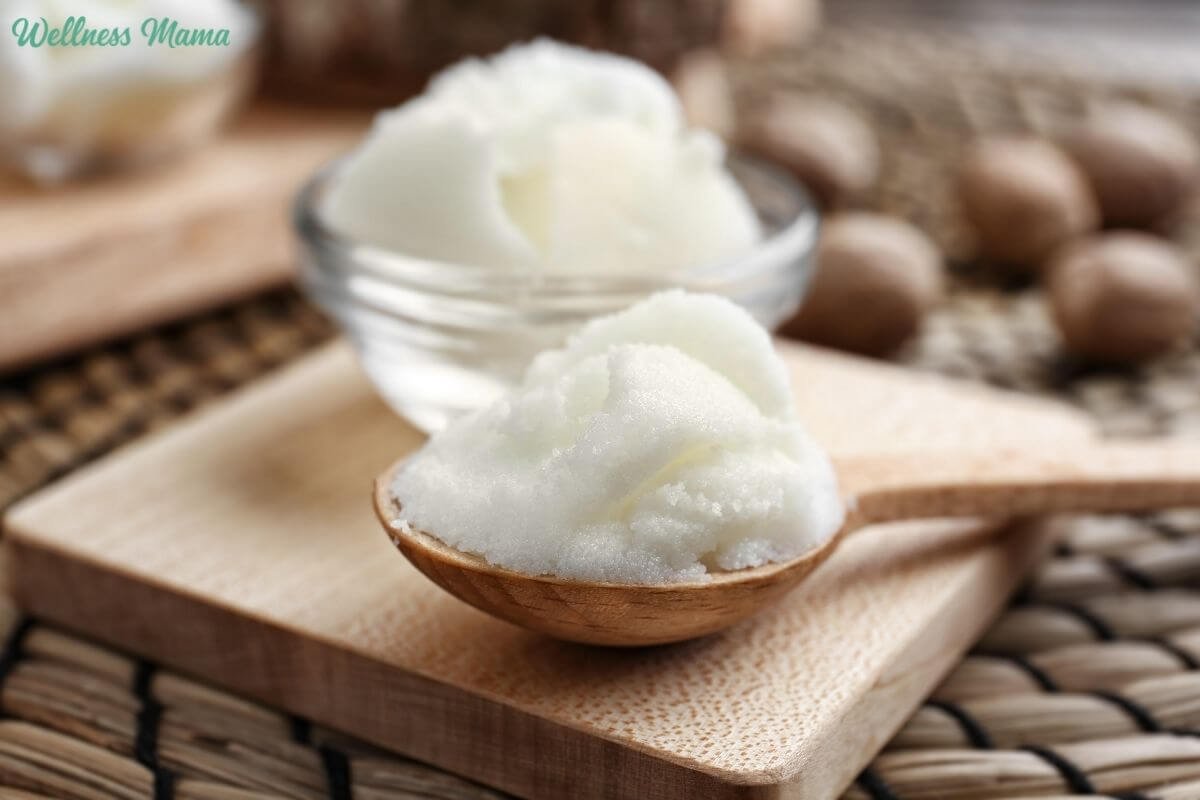
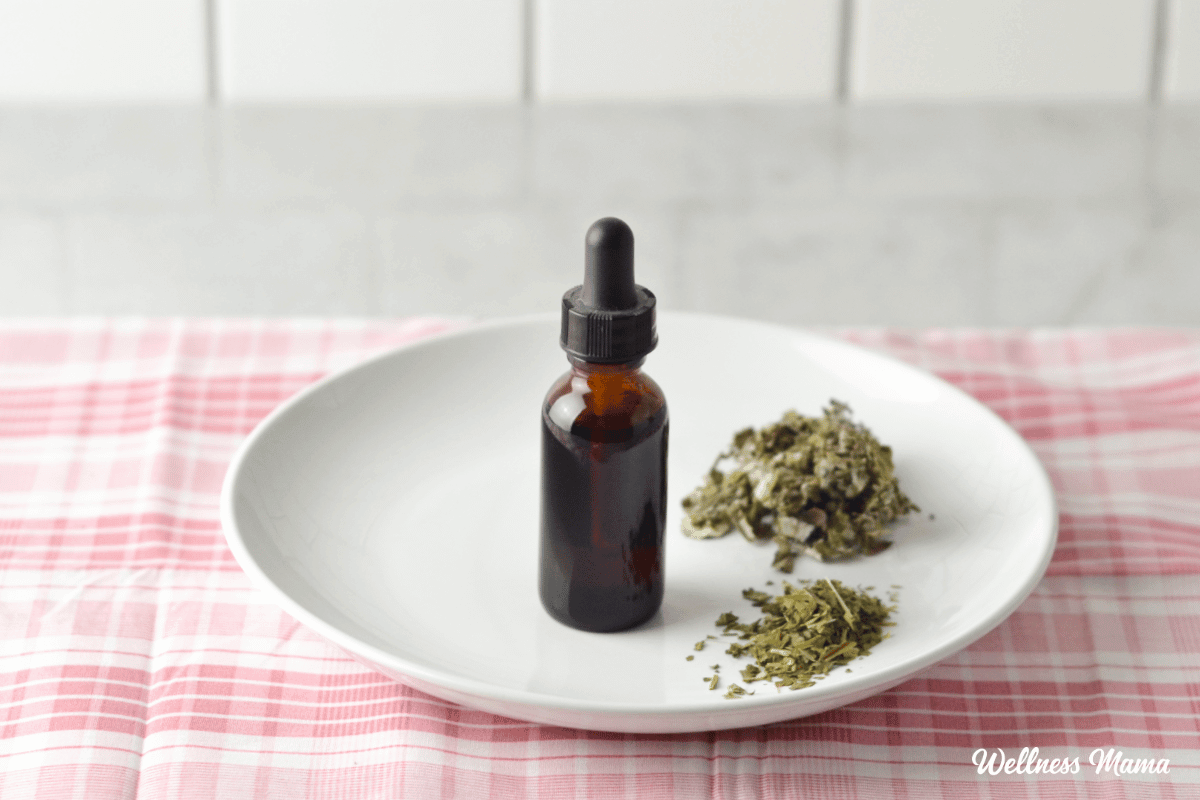

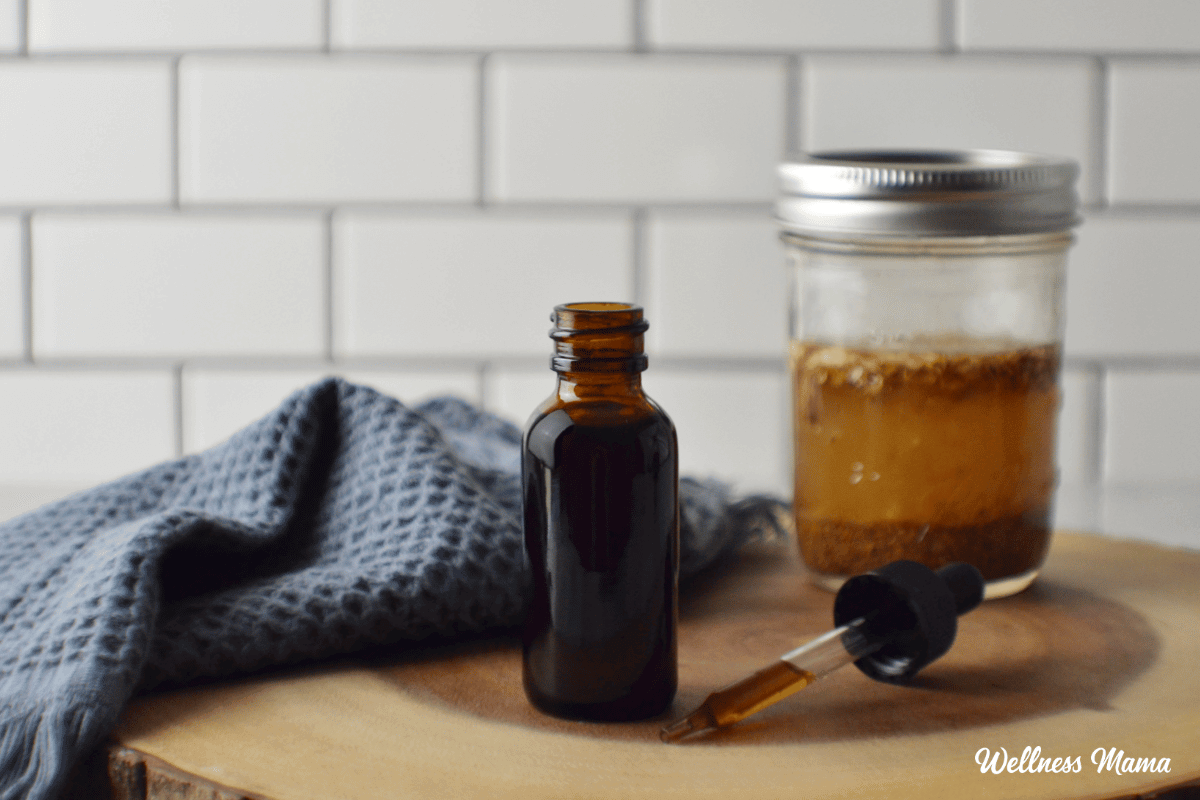


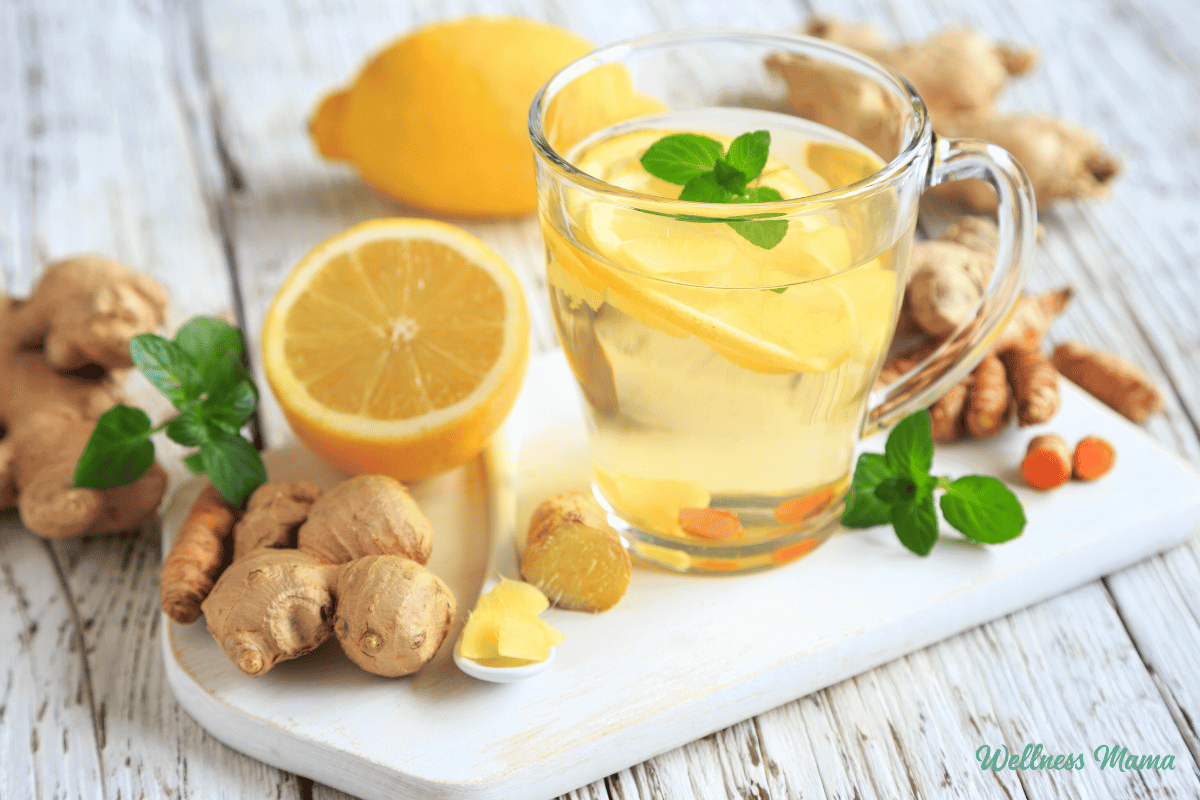
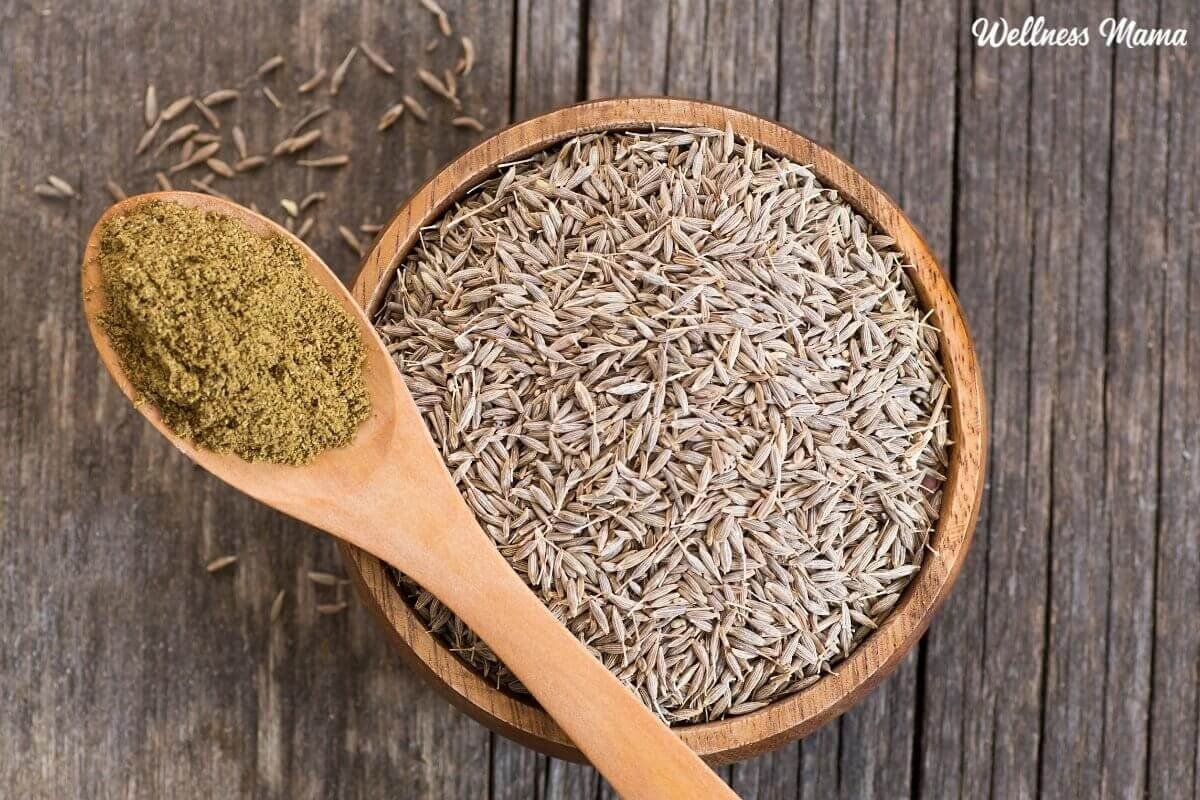
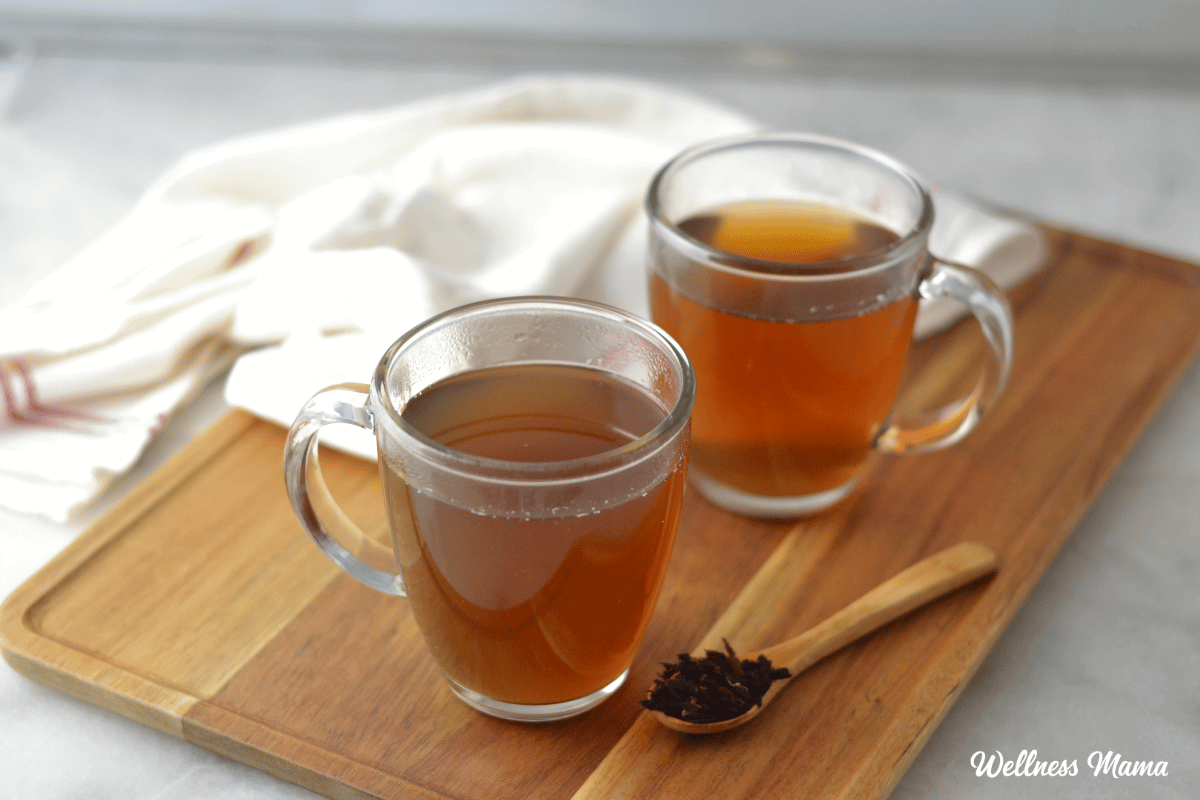


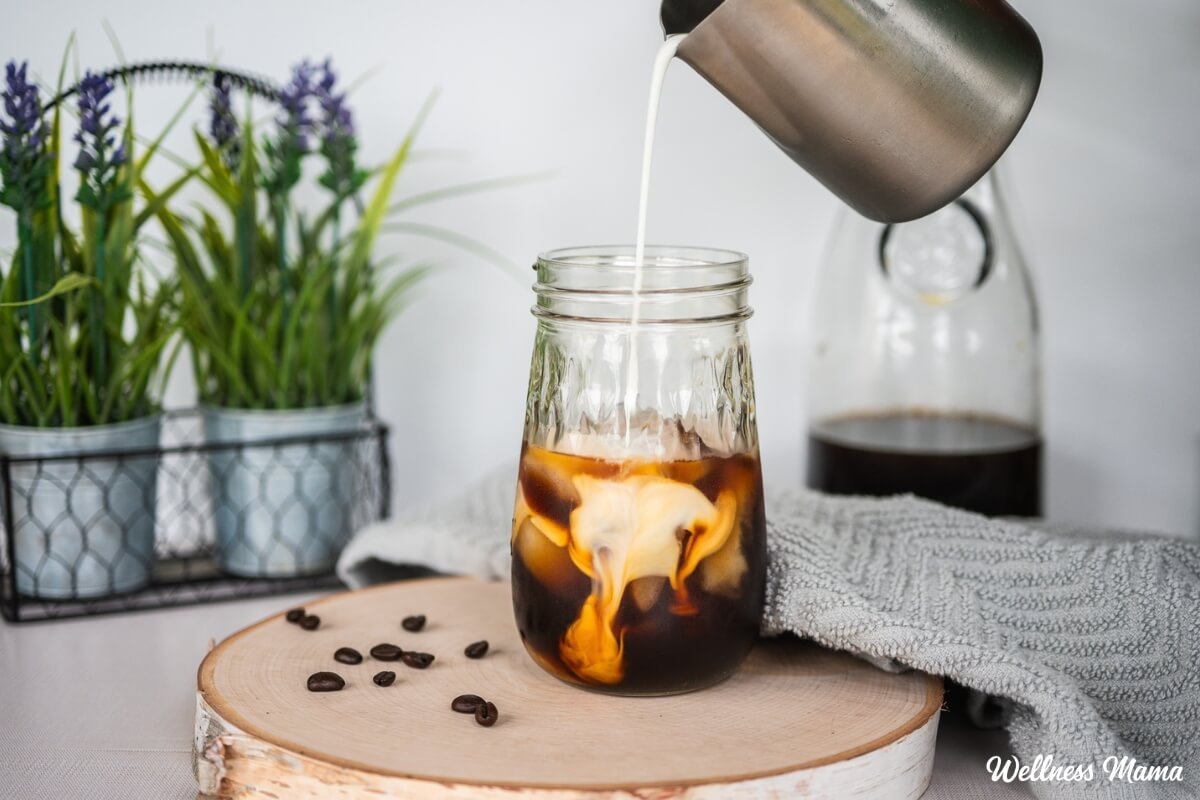
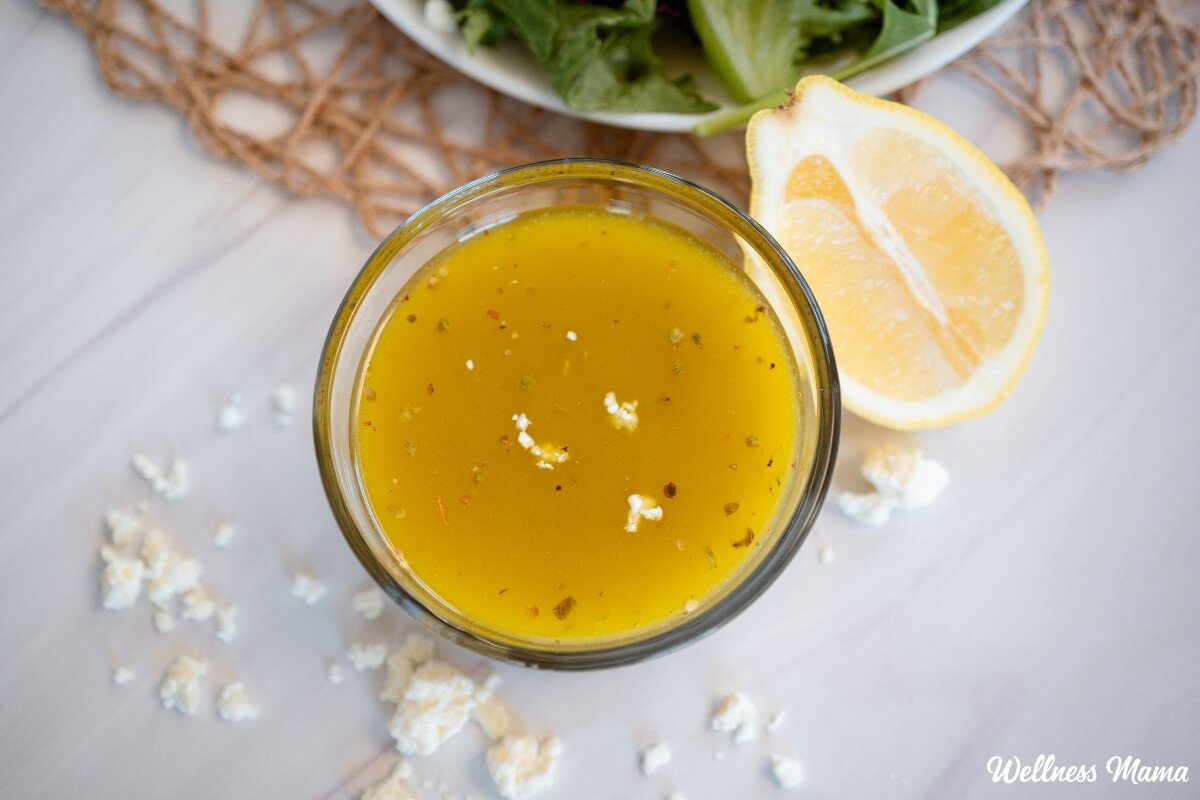
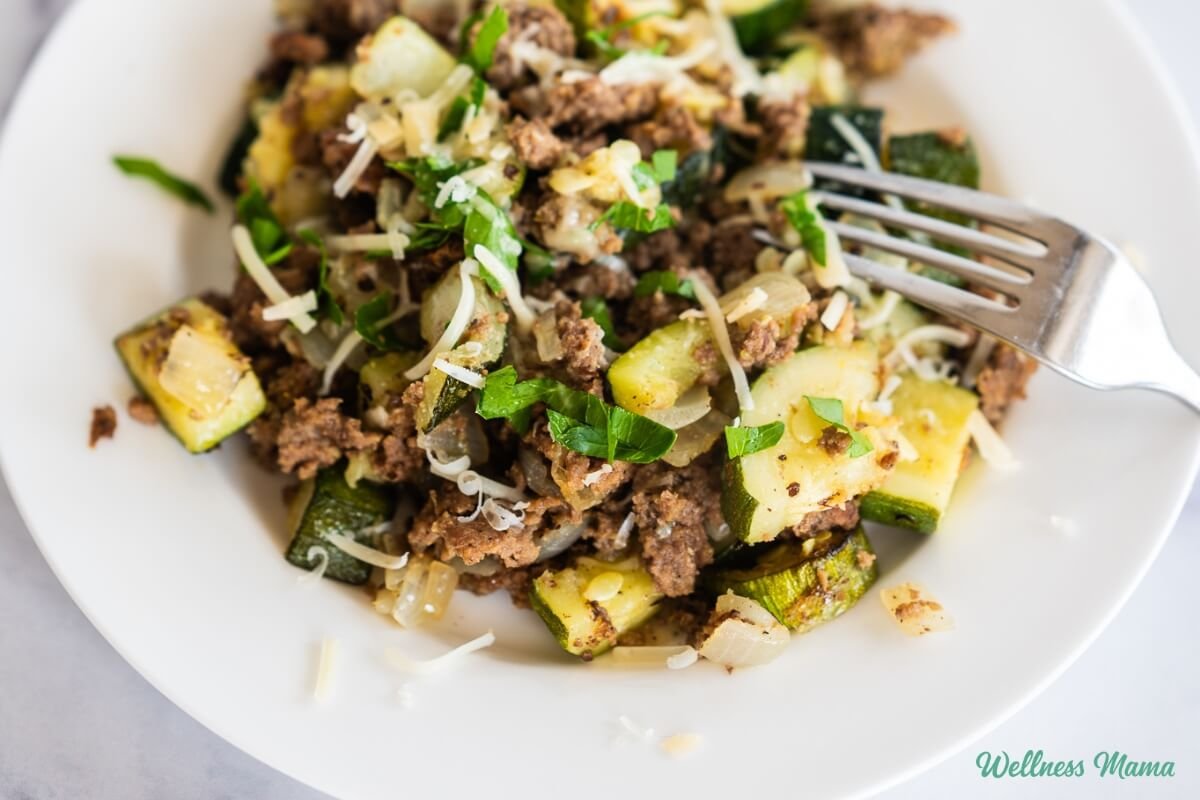
Leave a Reply